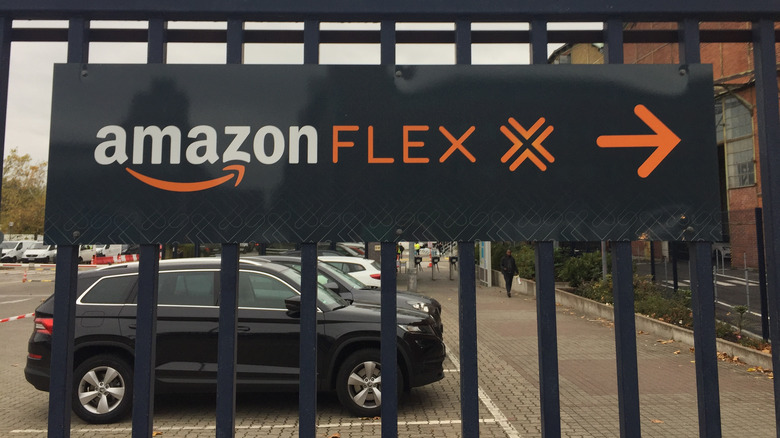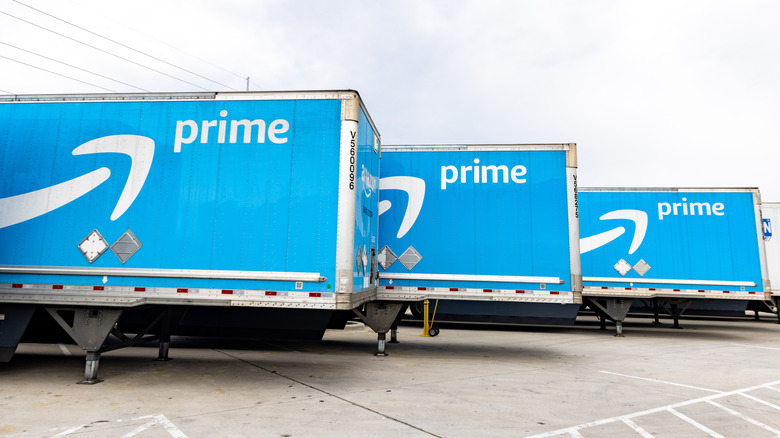Amazon Sued Over Allegedly Stealing Tips From Delivery Drivers
A forthcoming lawsuit accuses Amazon of systematically stealing tips from drivers working for its Flex delivery service, employing a deliberately deceptive payment scheme to drive down labor costs at drivers' expense.
This suit, filed by Ken Racine, the attorney general of the District of Columbia, is hardly the first time that Amazon has faced scrutiny for questionable labor practices. At various times, the company has laid off thousands of workers and been accused of union busting, among other instances of possible malfeasance. Perhaps most infamously, Amazon kept drivers and employees working during a category EF-3 tornado in Edwardsville, Illinois last year, threatening their jobs and pay if they left for safety. Six workers died in the storm (via Gizmodo).
The issues at odds in AG Racine's lawsuit are thankfully less extreme, albeit still very much illegal. Amazon has a history of chicanery with its payroll, having experienced recent walkouts in California and the UK over wages that may have been illegally low (via Yahoo and CNBC). If AG Racine's accusations hold up, Amazon may be responsible for even more unpaid compensation.
Labor costs and legal woes
Per AG Racine, in 2016 Amazon instituted a new payment strategy whereby, rather than adding customer tips to a Flex driver's overall compensation, the company used it to pay wages the driver had already earned. That allowed Amazon, in effect, to pocket the difference, treating the tips as company profits and using them to drive down costs rather than giving workers what they'd earned.
That's only the prosecutorial side of the story, of course. At the same time, Amazon definitely has a difficult position going into the case – they quietly reimbursed drivers for tips stolen in this manner as part of a settlement with the FTC (via FTC). AG Racine's allegation, therefore, is less whether Amazon did or did not stiff its Flex drivers – as a matter of record, they did. The issue is whether they have unlawfully escaped punishment for doing so.
That said, past failings do not equal present wrongdoing. The question of what penalties the world's largest retailer should suffer for its failures and who is entitled to enforce them depends on the legal system, and the legal system has not yet rendered a verdict.
For now, Amazon itself has remained silent on AG Racine's accusation, as it generally has in cases where the facts are not absolutely damning. As the case proceeds, Amazon's legal team will no doubt have a great deal to say.

